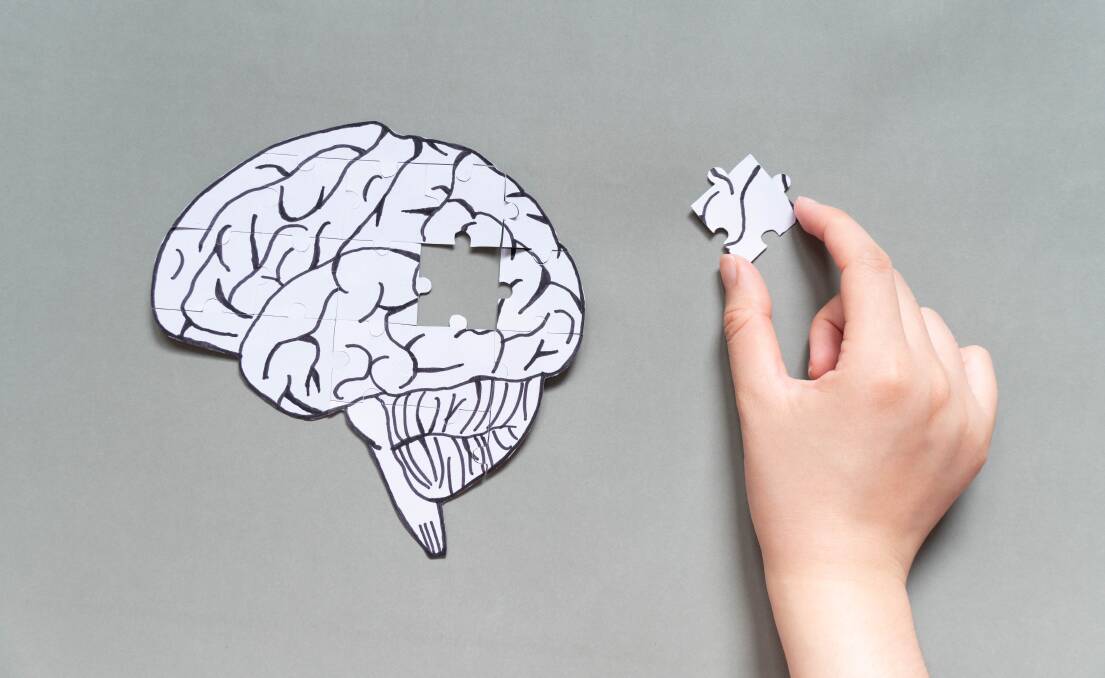How to manage different mental trauma

This is sponsored content for myhealth1st.
Your mental health can affect your life in many ways. Regardless of how skilled you are, it'll be challenging for you to accomplish any tasks during the day if you're always anxious or depressed. Having poor mental health can also become the reason why you'll miss positive opportunities in life.
Mental trauma is a common mental health condition that affects many people in the world. This condition is a result of an overwhelming amount of stress that exceeds a person's ability to cope and integrate emotions involving that experience. When left untreated, mental trauma can cause depression, anxiety, and even post-traumatic stress disorder (PTSD).
You can prevent these things from happening by managing different mental trauma. Here's how you can do it:
1. Ask help from professionals
If you've been dealing with mental trauma for years and have been unsuccessful with your efforts, asking for help from professionals might be the only solution. There are now professionals equipped with the necessary training and experience to help you manage any kind of mental trauma.
For you to manage mental trauma, working with a therapist or counselor is one of the most effective ways. This is because they can guide you through the entire process of managing mental trauma and help you work through the difficulties that you're having because of the mental trauma.
They can even let you see the bigger picture of how mental trauma can affect your life, what is PTSD (post-traumatic stress disorder), and what will happen to you if you don't immediately address this mental health problem.
2. Learn more about the trauma
If you don't have any idea what you're going through, it'll be tough for you to manage mental trauma. Are you aware of what mental trauma is? Do you know what the symptoms of mental trauma are? When it comes to managing different mental trauma, knowledge is power, which is why it's important that you learn more about this mental health problem.
The second tip to cope with mental trauma is to take the time to learn as much about it as you can. The more you know about what you're going through, the better prepared you'll be to handle your feelings. This will help you cope with mental trauma easier and faster because you'll be more prepared to handle your symptoms and assess which are normal and not.

3. Find and join support groups
Managing mental trauma is challenging, especially if you're doing it alone. Being alone can add to the burden of the problem and can even become the reason why you end up back to square one. Fortunately, you won't have to go through the process of managing any mental trauma alone as you can now join different support groups.
Another useful tip to cope with mental trauma is to make it a point to find a support group. It'll be easier for you to manage mental trauma and all of its symptoms when you find a support group and surround yourself with people who truly care about you.
The people in these support groups have also experienced what you're going through, which means that you can always have someone who'll listen and understand your problems. These people will even give you tips on how to manage your current situation, making you feel that you're not alone in this battle.
4. Practice positive thinking
There are different methods that can be used to help you cope with mental trauma, but one of the most important ways is by using positive thinking techniques. This might be challenging at first, but when practiced regularly, it'll soon be easy for you to practice positive thinking.
Positive thinking allows you to focus on positive thoughts and ward off stress during the process. Instead of thinking how your life adversely changed because of the traumatic event, start thinking about the lessons you've learned because of the trauma, and the people who have shown support throughout your recovery. When you do this, you'll find that your mind will not be thinking about the trauma and feel negative all the time.
It's easy when you know how
Managing different mental trauma isn't a walk in the park. More often than not, you could see yourself as hopeless as none of your efforts work and you're merely going in circles.
If you're committed to follow the tips in this article, it won't be long before you can successfully manage different mental trauma and get back on track again!
This is sponsored content for myhealth1st.


